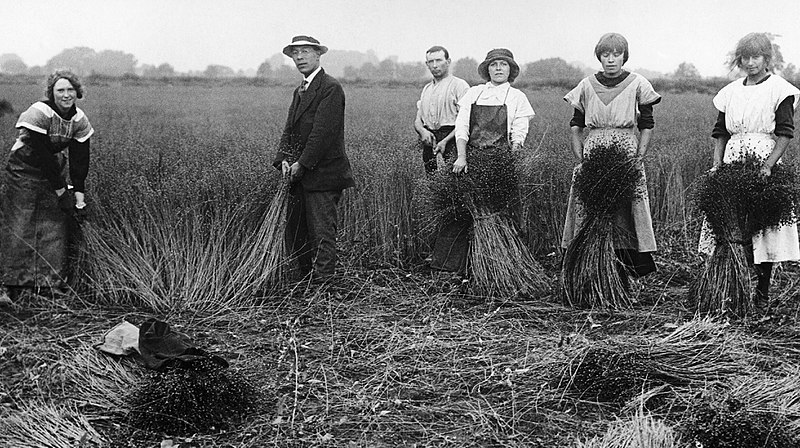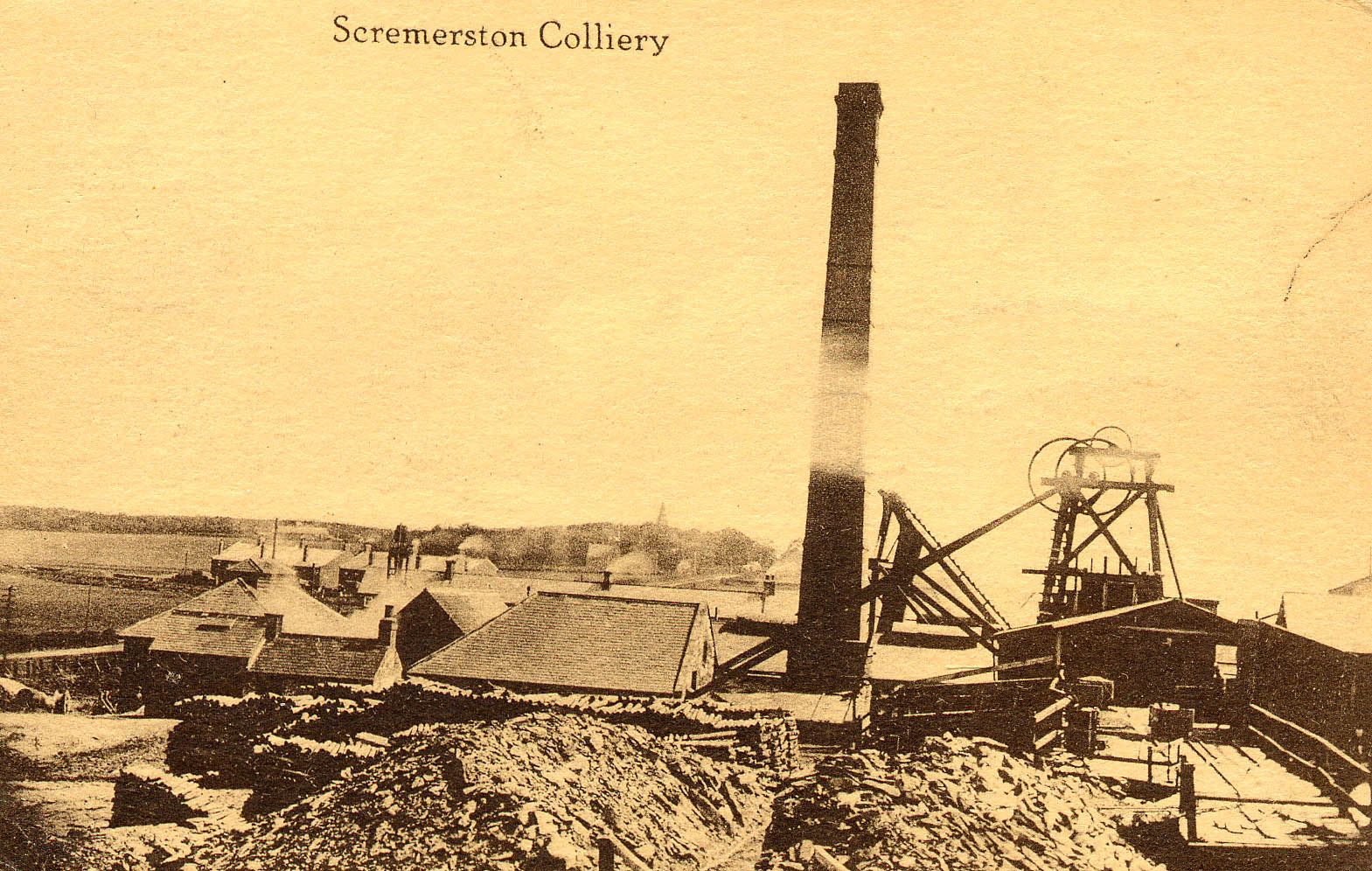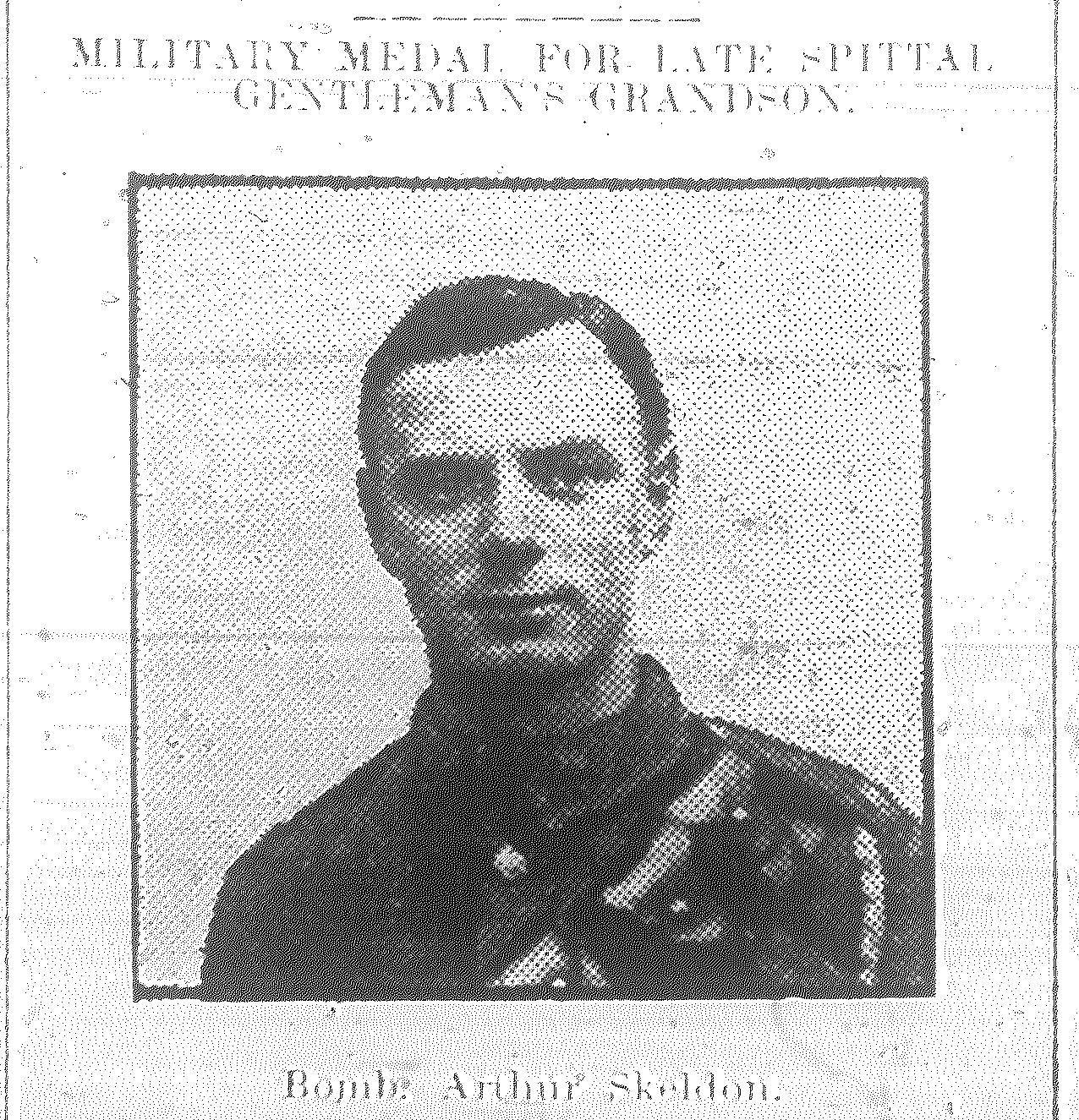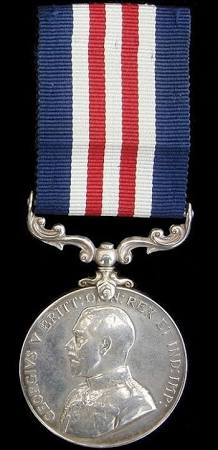
BERWICK ADVERTISER, 31 MAY 1918
SON OF A FORMER BERWICK MINISTER HEAVILY FINED
FOR MAKING STATEMENTS DISPARGING THE ARMY
Messrs Headley Bros., publishers, of Oxford Street, London, and the Rev. Joseph Davison Manners Rorke, of Boxhill, a native of Berwick, and son of the Rev. Jospeh Rorke, formerly minister of Church Street E.P. Church, Berwick, were summoned at the Marlborough St. Police Court on Thursday last, the former as publisher and the latter as editor of the publication called “The Venturer”, in the March issue of which were statements likely to prejudice recruiting and discipline of his Majesty’s Forces.

After Sir Archibald Bodkin, for the prosecution, had read extracts which he contended were likely to create a bad impression and to prejudice recruiting and discipline, the defendant Rorke said he accepted full responsibility as editor of “The Venturer,” though he did not write the article, and had no intention whatever of prejudicing recruiting or disparaging the Army.
Counsel for Messrs Headley said they were merely publishers of “The Venturer,” did not know its contents, and accepted no responsibility.
The magistrates, in fining Messrs Headley £100 and £5 costs, said they should have exercised more vigilance to see they were not made the instruments for dissemination of such noxious matter. Mr Rorke would have to go to prison for three months in the second division.
Defendant’s father protested that his son had no such intention as that ascribed to him.
Mr Mead latter recalled the defendant, and on an undertaking that he would not publish anything prejudicial to recruiting or discipline substituted a fine of £50 for imprisonment and allowed seven days for payment of the fine.
LOCAL NEWS
Anyone holding an exemption certificate from military service can only be granted renewal by the tribunal if he applies for it fourteen days before the expiry of the present period of exemption.
On June 1st the price for early potatoes will drop from 4d to 3½ per lb. A fortnight ago before the maximum prices came into force 10d to 1s 3d a pound was being asked for new potatoes in the London shops. Fair quantities were available at these prices, but with the sudden fall to 4d supplies seemed to disappear.
There has been a spurt in Berwick as in other places in the purchase of War Bonds, £685 was subscribed for the week ending May 18, and May 25, although a short week with the Banks closing on Whit-Monday, realise £3127. The full weekly quota is £6530.
We understand it is probable that a Standing Musketry Camp will be held in connection with the local Volunteer Battalion. Should this mature, it will commence about the middle of June at Morpeth, and the following three weeks will be held at Berwick. It is anticipated that the proposed camp will stimulate interest amongst those efficient in shooting, and also amongst the recruits, and a good attendance is anticipated. The efficient men will be asked to fire their annual musketry course, and recruits will do their efficiency tests. Those attending the camp for twenty-four hours will be provided with accommodation and rations. Free railway warrants will be provided for those attending. This camp, of course, has no connection with the annual camp.
Her many friends were glad to see Miss Marjory C. Holmes, daughter of Mrs Holmes, of Bridge Street, back to Berwick last week from Russia, where she has had an adventurous time. She is unwilling at the moment to speak of her adventures, but anyone who has watched what has lately been happening in Russia, where there have been scenes similar to those in the French Revolution, when the nobles were killed in their beds and dragged out into the open street, sometimes naked, will be able to realise something of what she has passed through.

She was in Petrograd at the time of the first Revolution, and later she left Kieff only three days before the Germans entered. She has been thirteen weeks travelling home, by way of Moscow, Siberia, Manchuria, Korea, Japan, and Canada, and the United States. Miss Holmes is one of those typical English visitors to foreign countries, seemingly unable to miss danger spots, and ready only too soon to return to them.
No. 4 Platoon, B Coy., having bee adjudged the best platoon of the 5th V.B., Northumberland Regt., went to Newcastle on Sunday last to compete with the best of other Battalions. Having to be on Parade at 10 a.m., in Newcastle meant, for the Berwick men, being away by the 6.5 a.m. train, no slight handicap this in such a competition. The Berwick men competed second, and right worthily upheld the honour of the Company and Battalion to which they belong. Everything they were asked to do was done in quite a professional manner. Words of commendation were freely expressed by the officers standing round. More than one said: “This platoon will not be beaten.” Lieut. Campbell was in great form. Cool and collected, his words of command came out clear and sharp, and his men responded admirably. Each N.C.O. was called out in turn. No.4 Platoon is fortunate in possessing non-coms, like Sergeants How, Young, Mace and Corporal Evans, and those who know them will know they were not beaten by any other non-coms. The Berwick Platoon was placed second, two points down, and when the journey is taken into consideration, and the going on to parade so soon after arrival in Newcastle, the result is highly creditable. Lieut. Campbell has worked hard for the last three weeks to get his men up to the top hole. He has been able seconded by his non-coms, and no words of praise are sufficient for the men, who turned up night after night to be “put through it.” Lieut. Campbell was congratulated by the principal officers present on the efficient state of his platoon.
SEAHOUSES
We hear little of the brave and daring deeds done by the minesweeping and patrol craft of our coasts. One such matter of local interest has recently been made public. For brave work in a mine field in August, 1916, Captain S.B. Ward, of H.M.S. Minesweeper St. Leonards 462, was recently decorated by the King at Buckingham Palace, with the Distinguished Service Cross. Later the gallant Captain was presented by the inhabitants of Hartlepool with a marble clock, and a cheque for £20 for himself and a gold locket and chain for his wife. The circumstance is of local interest because of the fact the Seaman Geo. Richardson (Scotty), son of Mr and Mrs George Richardson, Seahouses, formed one of the crew which for some reason numbered only five instead of twelve or fourteen. Each member of the crew also received a beautifully designed medal in silver with gold centre bearing his initials. Mr Richardson’s medal being inscribed “Present to Geo. Richardson, for conspicuous bravery in a minefield, August, 1916, by Councillor C.T. Watson, Mayor of Hartlepool.” We congratulate the young Seaman in the distinguished honour.
BERWICK PETTY SESSIONS
A DESERTER
Richard Edwards, a pioneer belonging to the Royal Engineers, appeared on a charge of having been a deserter from a Special Gas Company of the R.E., France, since November 6th, 1917. He pleaded guilty.

The Chief Constable said this man belonged to Berwick, and was here on leave from the Front on October. He failed to rejoin his unit at the expiry of his leave on 6th November, and there had been enquiries made about him on two occasions by the Military Authorities. It became known on Sunday morning that he was in the town, he having arrived from Middlesborough, where he had been working, and on his person, when arrested, was found a return ticket to that place. Sergeant Wilson and P.C. Lindsay went to his house at Church Road. The Sergeant went to the front door and knocked, and Lindsay was sent round to the back to prevent the man escaping. As their Worships would hear, Lindsay arrested the man as he was trying to escape over a wall at the rear of the house. The wife of accused denied to the police that he was in the house, and later said it was not likely she was going to give her husband away.
Sergt. Wilson, giving evidence, said he knocked on the door of Edwards’ house in Church Road, and the wife answered, saying she would open after putting on her clothes. After two or three minutes and on hearing a noise as if the man was preparing to make his escape by the back door, Lindsay went round to the back door. Mrs Edwards then opened the door and denied that her husband was in the house. At that time witness heard Lindsay shout, and on going round found that he had got Edwards.
P.C. Lindsay corroborated, and stated that he arrested accused as he was coming over a six foot wall. Accused admitted being a deserter, and said he was glad it was all over.
The Bench remanded accused in custody pending the handing over to the military.







